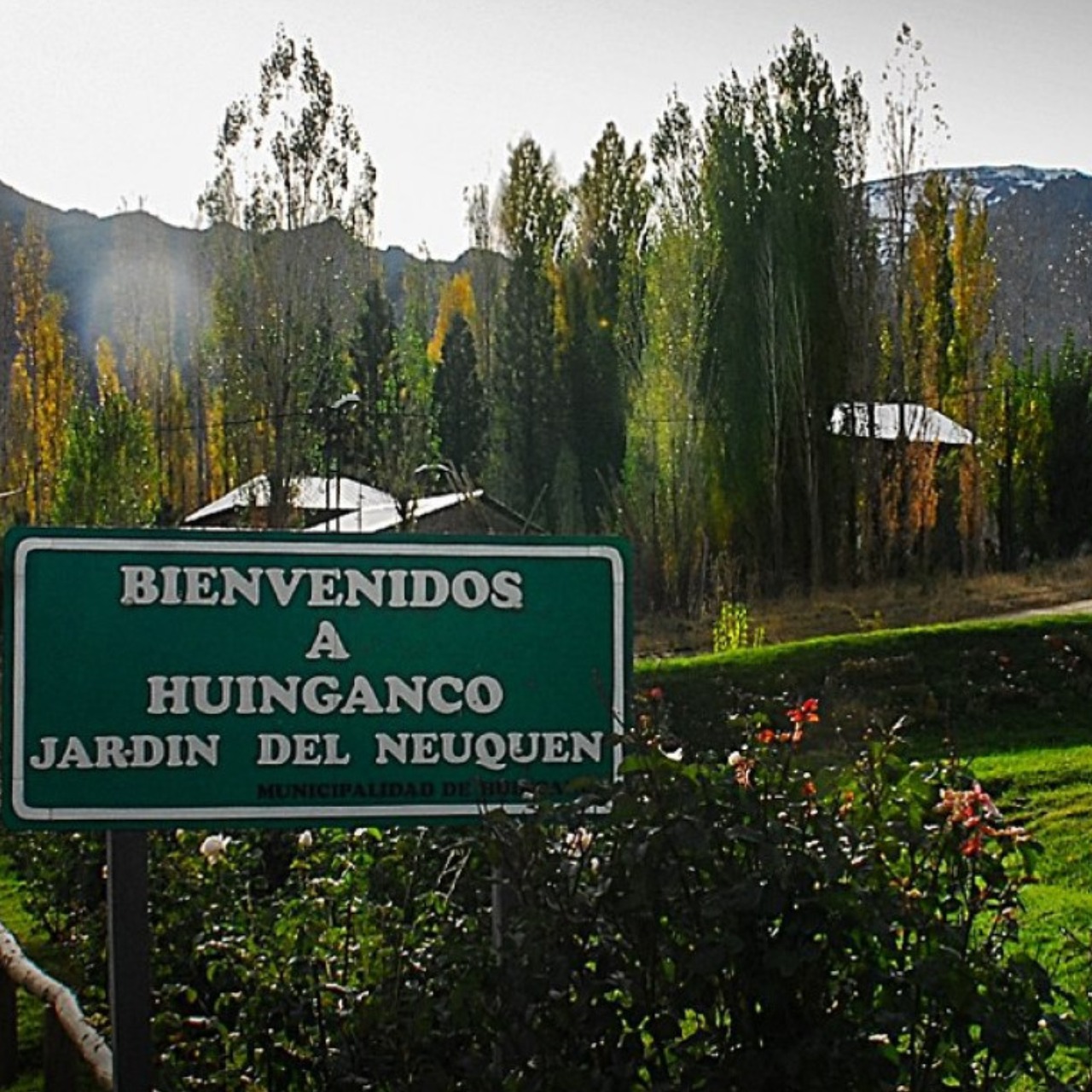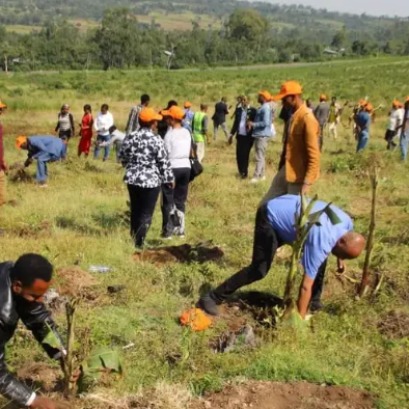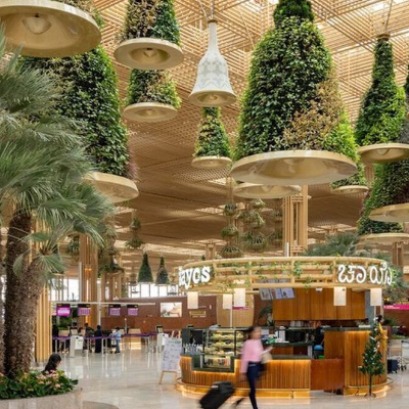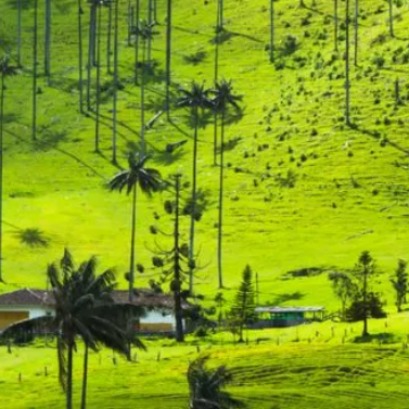
Neuquén: The town that has a hand -planted entire forest and a tree over 1200 years
Known as the Garden of the Province, this Neuquino people resurfaced from the population exodus thanks to the idea of ??one of its inhabitants: that each of them raises a tree.
Trees are a fundamental part of improving the health of the environment, since they not only help clean the air, but also to prevent floods and give home to different species of animals. Such is its importance that the inhabitants of the Neuquina town of Huinganco planted by hand an entire forest and even have a museum with a tree over 1,200 years. It is about the Museum of the Tree and Wood, a provincial nursery that has a cypress 1,200 seniority, which served to create a space where the longest -lived specimen of the window of the wind can be exposed, in addition to other petrified trunks and different native species. Province of its visitors with a striking poster that gives way to the enchanted valley and a boulevard that invites you to know the history of the place. To get there, the provincial route No. 43 and the national routes No. 22 and 40, with sense to the north, where they will be waiting for about 1,100 inhabitants who have a great sense of belonging and desire to be visited on more than one occasion. This sense of belonging intensified during the 60s, a period in which an important population exodus was experienced that exposed the need to create work sources. However, the community did not surrender to the fall in mining exploitation and the production of cattle that caused the bulk of settlers to go from the city. It was then that Temístocles Figueroa, and his son Rogelio, began to look Community in which all the inhabitants contributed their grain of sand. In principle there were only six men who began this task, a number that then amounted to 80 and later to 160, all in order to continue the coniferous plantation, as well as the recovery of native species and the reactivation of the economy of the town. This activity became so important that the production was increasing, to the point that they reached the 3,700 hectares cultivated, which led them to become the first communal forest in the country. Even, an average of 2,000 trees planted by each worker were reached, which helped and cared for the plantations of their classmates. Over the years, these pines gave the necessary raw material to give rise to new jobs in carpentry and sawmills, not to mention the fruits crops that managed to open a factory of artisanal sweets.
IT MAY INTEREST YOU
 The country that planted 350 million trees in one day and caused great consequences
The country that planted 350 million trees in one day and caused great consequences
Discover the country that planted 350 million trees in one day and caused great consequences Climate change and deforestation have caused great ecological damage in many places. For this reason, a country planted 350 million trees in one day and thus obtained a world record, although it is estimated that in 2025, it will plant twice as many.
 More wood | Air terminals as well-being spaces with design and natural atmosphere
More wood | Air terminals as well-being spaces with design and natural atmosphere
In a world in which mental health, comprehensive well-being and connection with nature are increasingly urgent, wood appears as an increasingly chosen material to transform not only how we live, but also how we feel and move.
 The tallest palm tree in the world is in South America: it is the height of a 20-story building
The tallest palm tree in the world is in South America: it is the height of a 20-story building
The worlds tallest palm tree stands deep in South America, a giant that challenges the limits of plant life Deep in South America, between the fog and the mountains, hides a giant tree that few know about. Majestic and silent, challenging the world on what plant life can achieve.





















